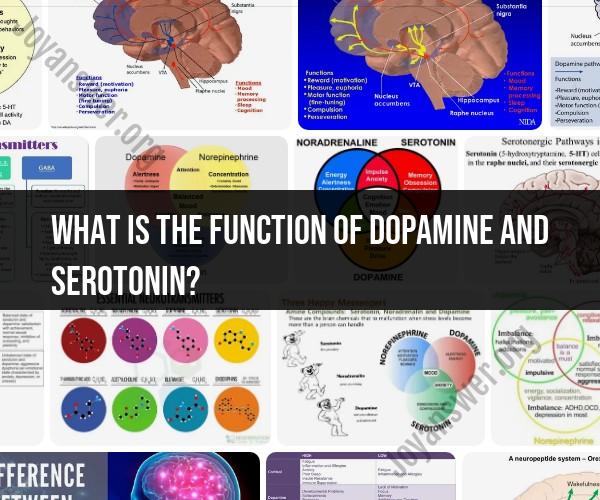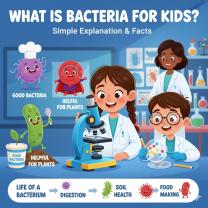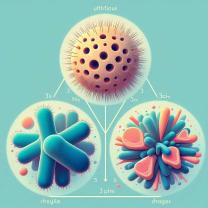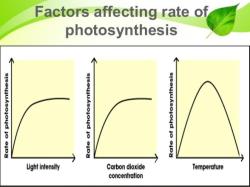What is the function of dopamine and serotonin?
Dopamine and serotonin are two essential neurotransmitters in the brain, and they play distinct roles in regulating various aspects of mood, behavior, and overall brain function. Here's an overview of their functions:
Dopamine:
Reward and Pleasure: Dopamine is often referred to as the "feel-good" neurotransmitter because it plays a central role in the brain's reward system. It is released when we experience pleasurable activities, such as eating, exercise, or receiving positive feedback.
Motivation: Dopamine is associated with motivation and goal-directed behavior. It helps drive us to pursue rewards and take actions to achieve our goals.
Motor Function: In addition to its role in the brain's reward system, dopamine is critical for motor control. A deficiency in dopamine can lead to movement disorders, such as Parkinson's disease.
Learning and Memory: Dopamine is involved in the process of learning and forming memories, particularly when it comes to associating actions with rewards or punishments.
Emotional Regulation: Dopamine plays a role in regulating mood and emotional responses. Dysregulation of dopamine levels has been linked to conditions like depression, schizophrenia, and addiction.
Serotonin:
Mood Regulation: Serotonin is often referred to as the "feel-good" neurotransmitter as well. It is crucial for regulating mood, and adequate levels are associated with feelings of well-being and happiness.
Sleep: Serotonin plays a role in regulating sleep patterns. It helps control the sleep-wake cycle and contributes to the overall quality of sleep.
Appetite and Digestion: Serotonin is involved in controlling appetite and digestion. It can influence feelings of fullness and satisfaction after eating.
Social Behavior: Serotonin has been linked to social behavior and social cognition. It may play a role in modulating social interactions and empathy.
Pain Perception: Serotonin can affect how the brain perceives and processes pain signals, and it is involved in pain regulation.
Anxiety and Depression: Dysregulation of serotonin levels has been implicated in mood disorders such as depression and anxiety. Many antidepressant medications work by increasing the availability of serotonin in the brain.
It's important to note that while dopamine and serotonin are often associated with positive emotions and mood regulation, their functions are highly complex and interconnected with other neurotransmitters and brain systems. Imbalances in these neurotransmitters can contribute to various neurological and psychiatric conditions, which is why they are targets for medications used to treat mood disorders and other mental health conditions.












